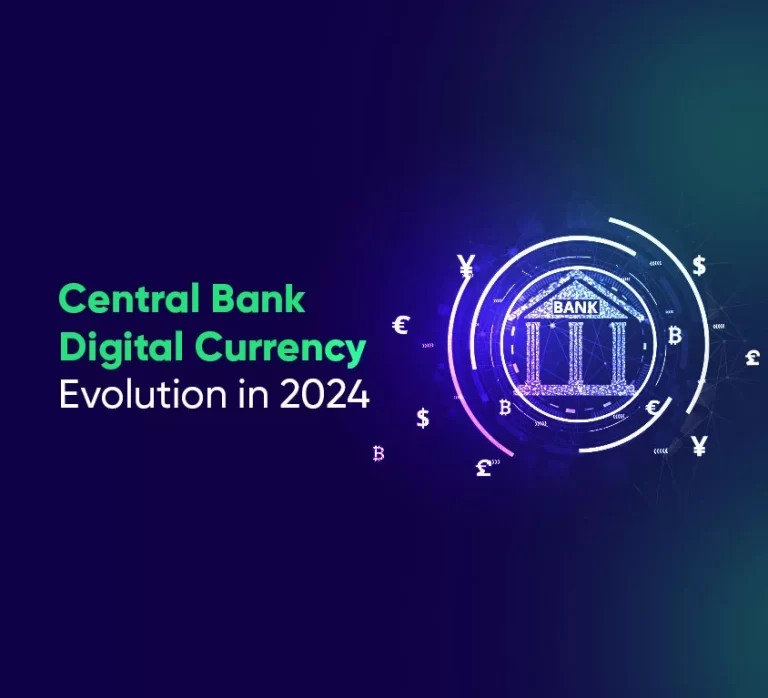
Blockchain Technology: Shaping the Future of Digital Transactions in 2024-As we navigate through 2024, blockchain technology is no longer a futuristic concept; it has become a fundamental pillar in the landscape of digital transactions. From financial services to supply chain management, blockchain technology is revolutionizing how we conduct and secure transactions. Let’s dive into how blockchain technology is redefining the digital transaction space and what we can expect in the near future.
Decoding Blockchain Technology

At its core, blockchain technology is a decentralized ledger that records transactions across a network of computers. Imagine a digital ledger where every transaction is documented in a “block” and these blocks are linked together to form a “chain.” This ledger is distributed across a network, so each participant has a copy, ensuring that everyone has access to the same information.
What makes blockchain technology so groundbreaking is its decentralized nature. Instead of relying on a central authority, transactions are verified through consensus among participants in the network. This setup not only boosts security but also enhances transparency, making blockchain technology a robust solution for various applications beyond just cryptocurrencies.
Blockchain Technology Transforming Transactions
1. Reinforcing Security

Security is one of the most compelling advantages of blockchain technology. Traditional transaction systems often depend on a central authority or intermediary, which can be vulnerable to attacks or errors. Blockchain technology addresses this by using cryptographic techniques to secure data, making it much harder for unauthorized entities to tamper with records.
Each transaction on a blockchain is encrypted and linked to the previous one, creating a chain of blocks that is resistant to modification. This makes blockchain technology an ideal choice for secure digital transactions, protecting sensitive information and reducing the risk of fraud.
2. Boosting Transparency
Another significant benefit of blockchain technology is its transparency. In a blockchain network, every transaction is visible to all participants. This level of visibility helps build trust and accountability among users. For businesses, this means that transaction histories are not only traceable but also easily auditable.
For example, in the world of supply chain management, blockchain technology can offer a transparent view of a product’s journey from the manufacturer to the consumer. This visibility ensures that all stakeholders can verify the authenticity of products and track their origins, leading to greater trust and efficiency in the supply chain. (Read More: Blockchain Technology Exploring Central Bank Digital Currencies: A New Era of Digital Money 2024)
3. Cutting Costs and Speeding Up Transactions
Blockchain technology also has the potential to reduce costs and speed up transactions. Traditional financial transactions often involve multiple intermediaries, each of which can add fees and delays. Blockchain technology eliminates the need for these intermediaries by enabling direct transactions between parties.
This direct approach not only cuts down on transaction fees but also accelerates processing times. For instance, cross-border payments that typically take several days can be completed in a matter of minutes with blockchain technology. This efficiency is particularly valuable in global trade, where time and cost are critical factors.
4. Enhancing Financial Inclusion
Blockchain technology has the potential to broaden access to financial services, especially in underserved regions. In many parts of the world, traditional banking infrastructure is either lacking or inaccessible. Blockchain-based solutions can provide an alternative by offering financial services to individuals who might not have access to conventional banking systems.
By leveraging blockchain technology, people in remote areas can access banking services, make transactions, and even obtain loans through decentralized platforms. This increased accessibility can help bridge the gap between the banked and unbanked populations, fostering greater financial inclusion. (Read More: AI Technology: Development of Autonomous Vehicles and Smart Transportation Systems)
Beyond Transactions: Blockchain Technology’s Expanding Horizons

While blockchain technology is often associated with financial transactions, its applications extend far beyond this realm. Here are a few emerging areas where blockchain technology is making a significant impact:
1. Digital Identity Management
Blockchain technology offers a secure way to manage digital identities. By creating immutable digital identities that users control, blockchain can significantly reduce the risk of identity theft and fraud. These digital identities can be used for various purposes, from accessing online services to verifying credentials.
2. Smart Contracts
Smart contracts are self-executing agreements with the terms written directly into code. Blockchain technology powers these contracts, enabling them to automatically execute and enforce agreements when predefined conditions are met. This automation reduces the need for intermediaries and increases the efficiency of transactions. (Read More: Blockchain Interoperability: Connecting the Dots in Blockchain Technology 2024)
3. Decentralized Voting
Blockchain technology has the potential to transform voting systems by providing a secure and transparent method for conducting elections. With blockchain, each vote can be recorded in an immutable ledger, ensuring the integrity of the voting process and reducing the potential for fraud.
Looking Ahead: The Future of Blockchain Technology
As we move forward, blockchain technology is set to become even more ingrained in our daily lives. Innovations in blockchain will continue to drive progress across various sectors, from finance to logistics and beyond. Its ability to provide enhanced security, transparency, and efficiency positions blockchain technology as a key player in the digital transformation of the future.
In 2024, blockchain technology is not merely a trend; it is a transformative force shaping the future of digital transactions. With its potential to streamline processes, cut costs, and improve accessibility, blockchain technology is paving the way for a more secure and efficient digital economy. As more industries and applications adopt blockchain technology, we can look forward to a future filled with innovative solutions and breakthroughs.
In summary, blockchain technology is revolutionizing the way we handle digital transactions by offering a secure, transparent, and efficient framework. Its impact is being felt across various sectors, and its potential to drive further advancements makes it a cornerstone of the digital economy’s evolution.







